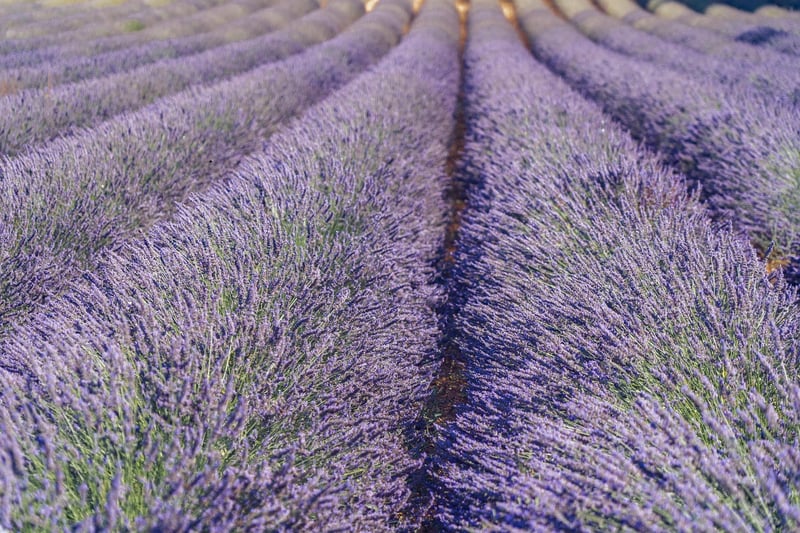Native Species Importance
Choosing the Right Plants for Your Garden
Creating a vibrant and sustainable garden starts with selecting the right plants. Whether you're a seasoned gardener or just starting, choosing plants that thrive in your local environment is key to a successful garden. In this guide, we'll explore the importance of native species and how to select the best plants for your garden.
Why Choose Native Species?
Native plants are species that naturally occur in a particular region and have evolved to thrive in that specific environment. There are several reasons why choosing native species for your garden is beneficial:
- Adaptability: Native plants are well-adapted to the local climate, soil, and wildlife, making them easier to maintain.
- Biodiversity: Planting native species helps support local ecosystems by providing food and habitat for native wildlife.
- Water Efficiency: Native plants typically require less water once established, reducing the need for irrigation.
- Pest Resistance: Native plants are less susceptible to local pests and diseases, reducing the need for chemical interventions.
How to Choose the Right Plants
When selecting plants for your garden, consider the following factors:
- Climate: Choose plants that are well-suited to your local climate, including temperature ranges and rainfall patterns.
- Soil Type: Match plants to your soil type, whether it's sandy, loamy, or clay-based, to ensure optimal growth.
- Sunlight: Determine the sunlight conditions in your garden (full sun, partial shade, full shade) and select plants that thrive in those conditions.
- Water Needs: Consider the water requirements of each plant and group them accordingly to make watering more efficient.
Examples of Native Plants
Here are some examples of common native plants in various regions:
- Lavender (Lavandula spp.): A drought-tolerant plant that attracts pollinators and adds fragrance to your garden.
- Milkweed (Asclepias spp.): Essential for monarch butterflies and other pollinators, making it a valuable addition to any garden.
- Black-eyed Susan (Rudbeckia hirta): A hardy perennial that adds vibrant color to your garden and attracts bees and butterflies.
By choosing native plants for your garden, you can create a beautiful and ecologically responsible outdoor space that benefits both you and the environment. Start by researching native species in your area and incorporating them into your garden design for a sustainable and thriving landscape.

Image Source: Pixabay
